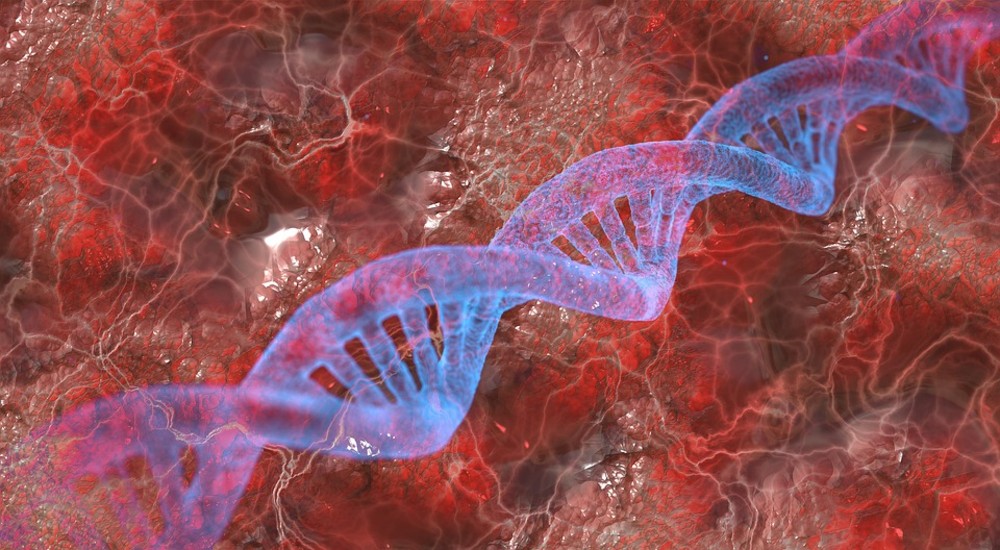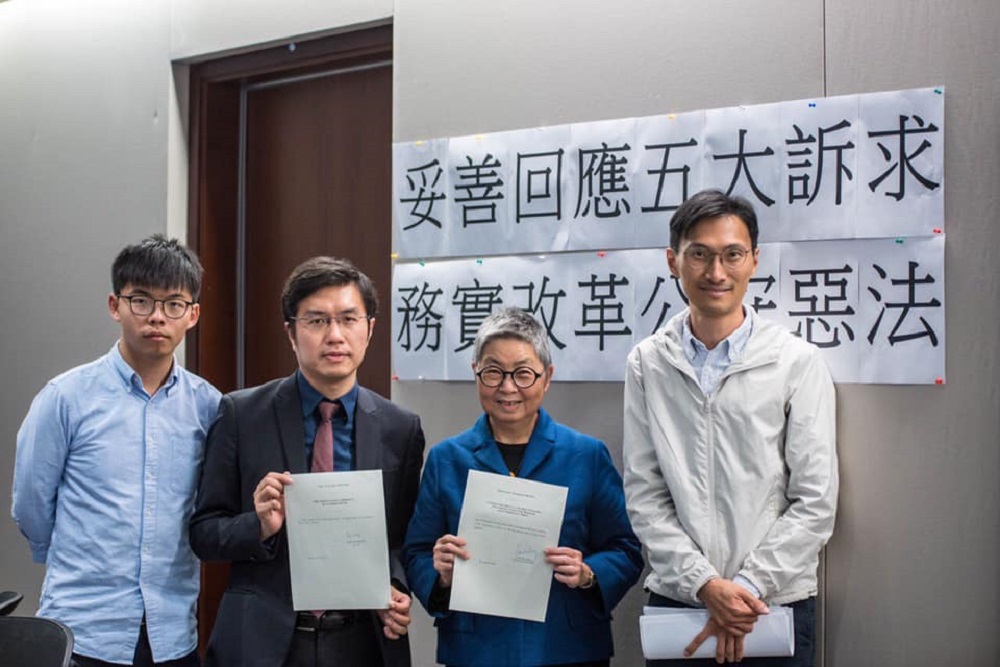A Virginia Tech professor, along with his team of researchers discovered a new approach of using microfluidic technology.
New microfluidic technology discovered
Little do we know about diseases and how our body reacts to their attacks, the human DNA is a complex structure that makes every individual unique.
But a Virginia Tech professor, together with his team of researchers, have developed a new technology that will help scientists understand how the human body reacts to certain diseases.
Part of a recently published paper titled Nature Protocols, Chang Lu, a professor of Chemical Engineering at Virginia Tech, together with chemical engineering doctoral students Yuan Hsieh and Bohan Zhu, discussed the use of microfluidic technology to study various complex diseases such as Schizophrenia, cancer, and different kinds of addiction.
According to Professor Lu:
We were motivated to pursue this research since the molecular basis of specific diseases remains elusive and unexplainable after years of research.
MOWChIP-seq
The group of chemical engineers developed a technology which they refer to as Microfluidic Oscillatory Washing-based Chromatin Immunoprecipitation followed by sequencing or MOWChIP-seq.
This model is considered unique and more convenient, compared to traditional methods which require tens of millions of cells per trial. The MOWChIP-seq is a low input technology which allows data processing of genomes by using as few as 100 cells per test.
With the new method, the team can generate data of histone modifications using as few as 100 cells per trial with a result as accurate as eight trials in one run.
According to Lu:
By comparing the DNA chemical process undergone between normal and diseased organisms, we can obtain useful marks and patterns which can be used to produce precision medicines.
What adds up to the success of this project is that it is semi-automated. It dramatically decreases manual labour error and improves reproducibility making it more scalable.







